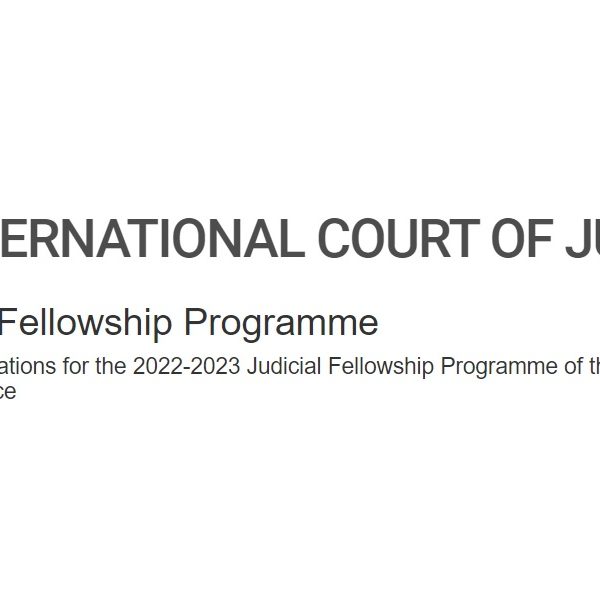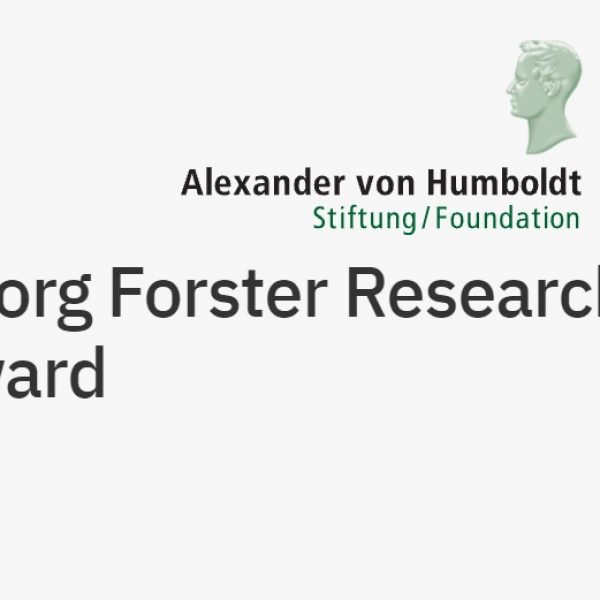Deadline: 10 September 2012
Open to: all developing countries with the exception of Burma (Myanmar), Cuba, Iran, Iraq, and countries in Eastern Europe or Central Asia.
Grant size: from USD$25,000 to USD$75,000
Description
In recent years, a diverse coalition of actors has pushed the creation and diffusion of open data programmes around the world. Governments, international organizations, businesses, academics, media, civil society organizations, and web developers have embraced and sponsored open data programs, creating large expectations for open data as a suitable remedy for challenges of good governance, economic growth, social inclusion, innovation, and participation.
Though in many cases this potential may be realised, there is a need for a critical perspective on whether the outcomes indeed occur and under what circumstances.
The Web Foundation and International Development Research Centre are inviting research proposals that address current gaps in the evidence base underlying the implementation of open data initiatives, and to inform policy and practice in a range of different settings. Research partners will be invited to form part of an international research network over the course of 2013.
The project will fund a series of detailed case studies that examine the emerging impacts of specific on-going open data initiatives that address key development themes. Cases could look at:
- Open data in local and national budgeting processes
- Open data for legislation processes and elections
- Open data in judicial systems
- Open data for smarter cities
- Open data for the delivery of privately provided public services
- Open data for the regulation of markets (e.g. extractive industries)
- Open data for the welfare and empowerment of marginalized groups and communities (e.g. data for small farmers)
- Open data and international development
Eligibility
The funding for this project can support research in all developing countries as listed in the OECD DAC list with the exception of Burma (Myanmar), Cuba, Iran, Iraq, and countries in Eastern Europe or Central Asia.
Funding for research in the following countries is subject to additional checks and approval by the funder (IDRC) before award: Afghanistan, Burundi, Central African Republic, Chad, Congo (Democratic Republic of), Eritrea, Korea (Democratic People’s Republic of), Liberia, Libya, Papua New Guinea, Small Island States [including Comoros, Equatorial Guinea, Mauritius, São Tomé and Principe, Seychelles, Timor-Leste and Oceania (Cook Islands, Fiji, Nauru, Kiribati, Palau, Marshall Islands, Niue, Samoa, Solomon Islands, Tokelau, Tuvalu, Tonga, Vanuatu, Wallis & Futuna)], Somalia, South Sudan, Sudan, Syria, Taiwan (Republic of China), West Bank and Gaza, Yemen, Zimbabwe.
Grant
As a result of this call, we expect to issue a series of grants ranging from USD$25,000 to USD$75,000. It is expected that smaller grants will focus on small, single-country or local initiative cases, and larger grants can include a wider range of activities such as multi-country comparisons of open data about a particular governance domain (e.g. budget, cities, extractive industries), technical assistance to on-going initiatives and/or significant engagement with relevant policy dialogues. The duration of each project will not exceed 12 months, with projects expected to start in early 2013.
Application
The concept notes submitted by the applications should be concise and presented in singlespaced, Arial point 12-font text, with a maximum length of up to 8 pages (not including abstract and annexes).
They can include the following items:
● Title
● Abstract
● Background and Justification (please include a brief description of the open data initiative, governance issues to be studied and expected outcomes and impacts)
● Research objectives (including an statement about how the case study addresses the priorities of the call)
● Methodological considerations and identification of anticipated risks
● Expected results and dissemination activities (include information on how the case is likely to inform the specific context)
● Collaborations or additional activities planned as part of the research (e.g. awareness raising, capacity building, technical assistance etc.)
● Preliminary schedule
● Tentative budget
● Annexes
○ Short one-page CV of the principal investigator and proposed team members
○ Signed official letter(s) of endorsement from the applicant organization(s)
Applications received before the deadline and deemed by the Organizing Committee to be compliant with the requirements set out in this Call for Proposals will be evaluated in accordance with the process outlined herein.
Proposals should be submitted by e-mail to submission-odr@webfoundation.org.


